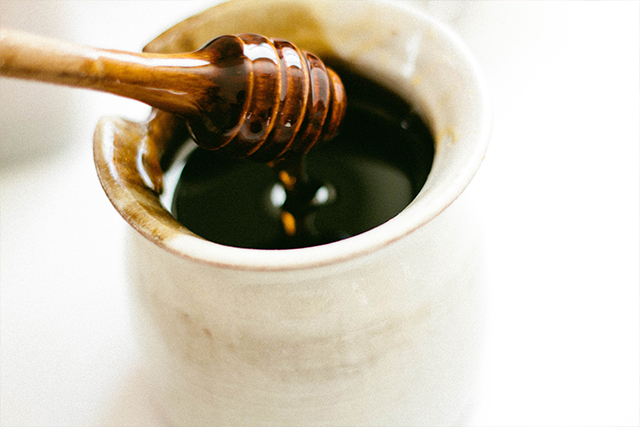
I was recently having a conversation or actually inserted myself into a conversation while having my nails done at the spa about agave. One woman made the comment that she didn’t use agave because it’s so bad for you, and the person doing her nails agreed, saying, “oh no, agave is so bad for you”. Here is where I inserted myself into the conversation…
I made the statement it depends on who’s asking the question. If a person with diabetes is asking whether or not agave will increase their blood sugar, and I say no, then to them that’s good. Now as a licensed healthcare professional, I would also explain to them any additional risks or benefits that may be applicable to give a well-balanced, unbiased answer. I went on to explain the concern associated with fructose, the ingredient that people call “bad” in agave. One woman asked, “what is fructose?” She didn’t even know why she was agreeing with the comment “agave is bad for you”, and yet agreed anyway.
I don’t think I was welcomed into the conversation, but I think it’s important that people not give biased views, especially on topics for which they are simply reciting someone else’s opinion.
Here’s the deal with agave:
Agave is almost 90% fructose depending on how it is manufactured. Now if I told you not to eat high fructose corn syrup, you would probably say, “that is a no-brainer, everyone knows high fructose corn syrup isn’t good for you”. Most people who don’t even care about health and nutrition won’t eat high fructose corn syrup, but what if I told you agave has more fructose than high fructose corn syrup? And is even manufactured in a similar way to high fructose corn syrup.
At one point, agave is all we recommended for patients with diabetes or those at risk based on the available data we had. There is minimal impact on blood sugar because agave does not contain glucose, so it has a low glycemic index, a measure to determine how quickly your blood sugar will rise. As time progressed, health professionals learned more about agave and manufacturing of agave also changed during that time, so we had to reevaluate the impact of fructose on overall health, beyond just blood sugar control.
And this is what we found:
1. Fructose promotes insulin resistance. Insulin resistance is a precursor to type 2 diabetes and other conditions in women like polycystic ovarian syndrome or PCOS. Just because you have insulin resistance doesn’t mean you will develop type 2 diabetes, but it increases your risk.
2. Fructose converts directly to fat. And the worst kind of fat, visceral fat. Visceral fat wraps around your organs and is metabolically active all on its own. It encourages obesity and cardiovascular disease. Fructose can also increase your cholesterol, specifically triglycerides, promoting fat in the liver. High triglycerides can be another sign of insulin resistance and, therefore, a risk factor for type 2 diabetes.
3. Fructose also affects the hormone leptin, which controls appetite and promotes satiety. When you consume fructose, leptin is unable to signal to you that you’re full, so you overeat, which leads to more fat and more obesity.
There are other problems with fructose that are largely linked to some of the characteristics I described above, but we’ve covered the highlights and the problems for where there is the most evidence.
So ultimately is agave 100% “good” for you, no, it’s not the best choice, but that’s not the point.
The point is we have to be careful who we take health advice from and get away from using words like bad vs. good. Sure, there are better options, better habits, better choices, but each person will experience health differently and have their own journey. If it took my diabetes patient an entire year to switch to agave because someone said it was good for her diabetes, I’m not going to discourage her by saying agave is bad. It took her a long time to even want to change and telling her, oops my bad, don’t use agave, is not helping at all. It will likely send her back to the original bad habit, I was trying to avoid.
Be careful who you listen to and take health advice from, recognize that health research happens daily, and learning is a continuous process. I am constantly learning and studying the research and forming my own opinion based on data, not opinion. Next month, in fact, I will be headed to New York to study with one of the world’s leading dietitians.
Health is not a hobby for me, it’s my career and I signed an oath to take care of people. And that includes you my friend…
Talk soon,

+ show Comments
(review Comment Policy)
- Hide Comments
add a comment